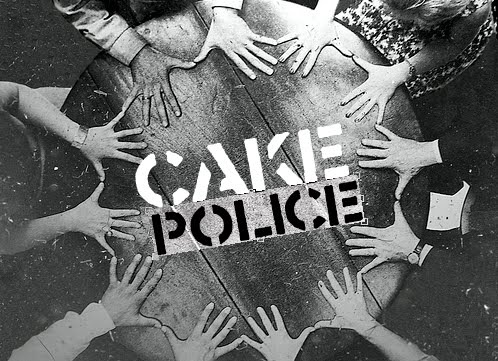
Tony Blair has recently joined Joe Biden in the ranks of politicians whose remarks about Mubarak and Egypt have put them completely beyond the pale in terms of credibility, with these remarks:
"Where you stand on him depends on whether you've worked with him from the outside or on the inside. I've worked with him on the Middle East peace process between the Israelis and the Palestinians so this is somebody I'm constantly in contact with and working with and on that issue, I have to say, he's been immensely courageous and a force for good."
Put aside for the moment the fact that he is here defending a known dictator whose latest crimes against his own people Dave describes very well in his post, and just let the venomous irony of his assertion that as an "insider" he is somehow more fit to judge Mubarak sink in. As if the people of Egypt lack some kind of crucial perspective. Maybe if they were all world leaders, they'd see where Mubarak was coming from!
Oh he also said these things:
"Where it’s best to end up is in free elections at a certain point in time, but in the mean time to get a managed process of change …"
"The important thing now is that we allow this process to happen in an orderly and not chaotic way …"
"I don’t think that Western governments should be the slightest bit embarrassed about saying we’ve worked very closely with president Mubarak …"
Meanwhile, Peter Hallward, Slavoj Žižek, and Noam Chomsky have all weighed in on the recent uprisings in the Middle East.
Edit: San Diegans - This Friday at 4 pm in front of the federal building downtown there will be a rally in solidarity with those protesting all over the Middle East. Here is a link to a flyer for the event: http://sandiegoiso.org/sites/default/files/flyers/110204EgyptRallycolor.pdf
Edit #2: More Chomsky. This editorial contains some important arguments which bear on Blair's remarks:
"A common refrain among pundits is that fear of radical Islam requires (reluctant) opposition to democracy on pragmatic grounds. While not without some merit, the formulation is misleading. The general threat has always been independence. In the Arab world, the United States and its allies have regularly supported radical Islamists, sometimes to prevent the threat of secular nationalism."
"Arab opinion is so hostile to Washington’s policies that a majority (57 percent) think regional security would be enhanced if Iran had nuclear weapons. Still, 'there is nothing wrong, everything is under control' (as Marwan Muasher describes the prevailing fantasy). The dictators support us. Their subjects can be ignored—unless they break their chains, and then policy must be adjusted."

Let's also note the incredible thickness demonstrated when he says"whether you've worked with him from the outside or on the inside." The primary impetus for these protests and the reason why the protesters refuse to accept any resolution that doesn't involve Mubarak resigning is because it hasn't been possible to work with him from the outside! Mubarak endorses this fact himself, as Zizek does well to point out in the article you linked to, when he says it's either him or chaos.
ReplyDeleteAlso, I can't possibly count the number of times that I've read Zizek cite that quote from Mao. I agree with him that it does certainly seem to be increasingly pertinent, but it seems like every time he cites it he assumes that no one has read him cite it before. Thanks for posting those links, I've been wondering how they would weigh in on these events (though it's easy enough to guess correctly).
Also, I updated my post below to include a video from Rachel Maddow's show tonight in which she cites historical precedents for Mubarak's current propaganda techniques, and discusses how the Egyptian people and world media are thwarting them this time around.